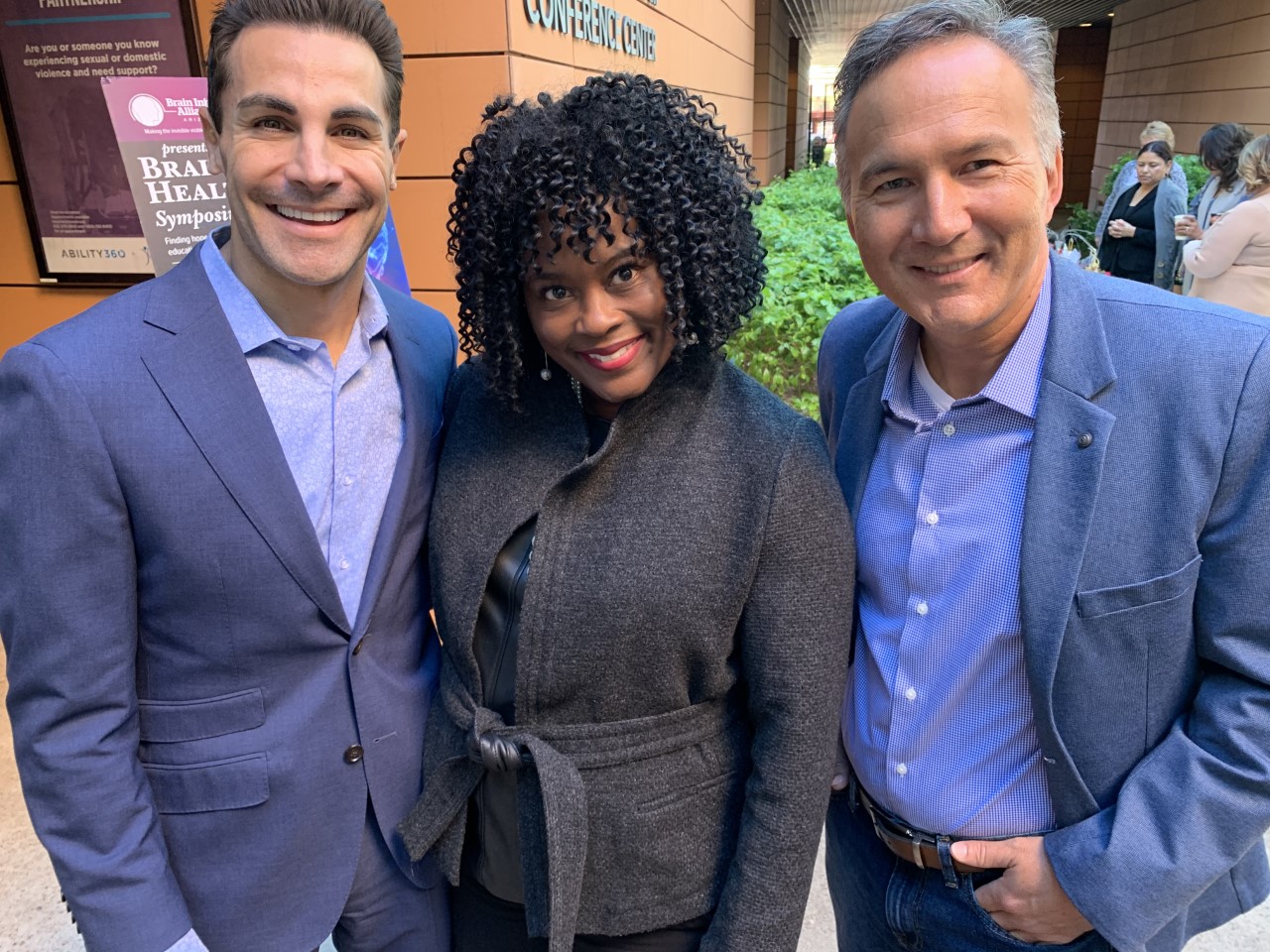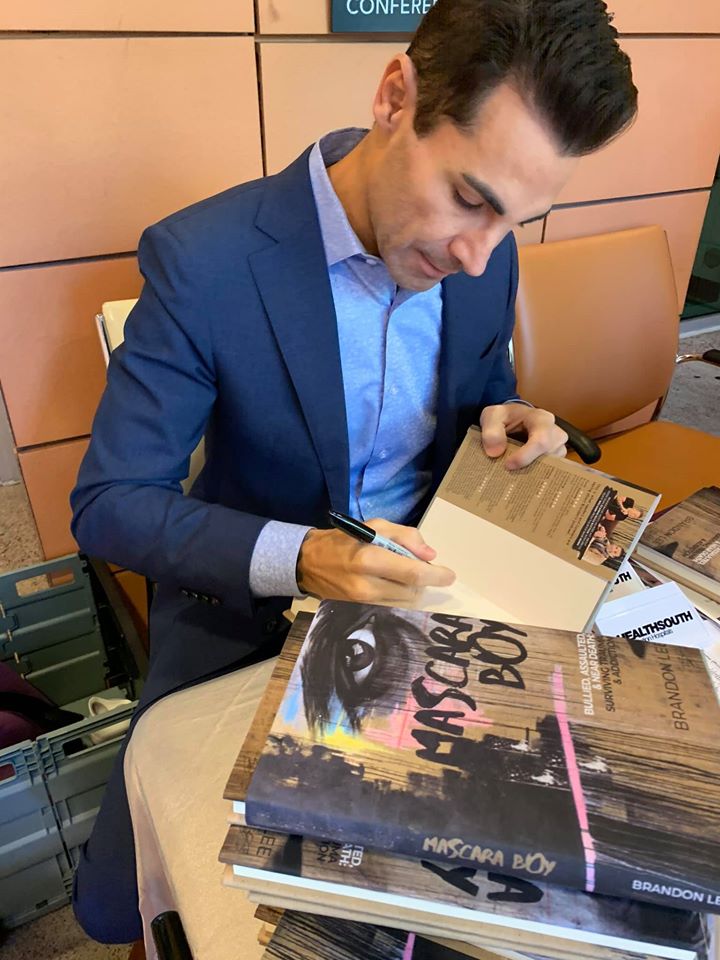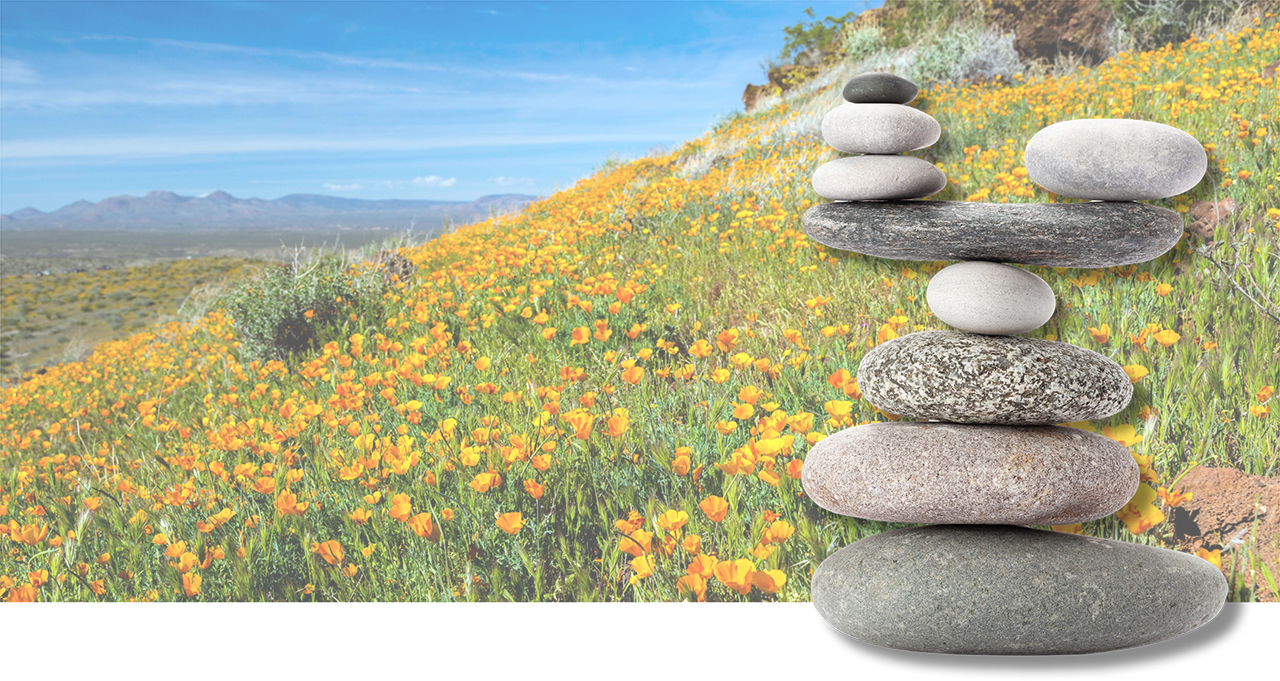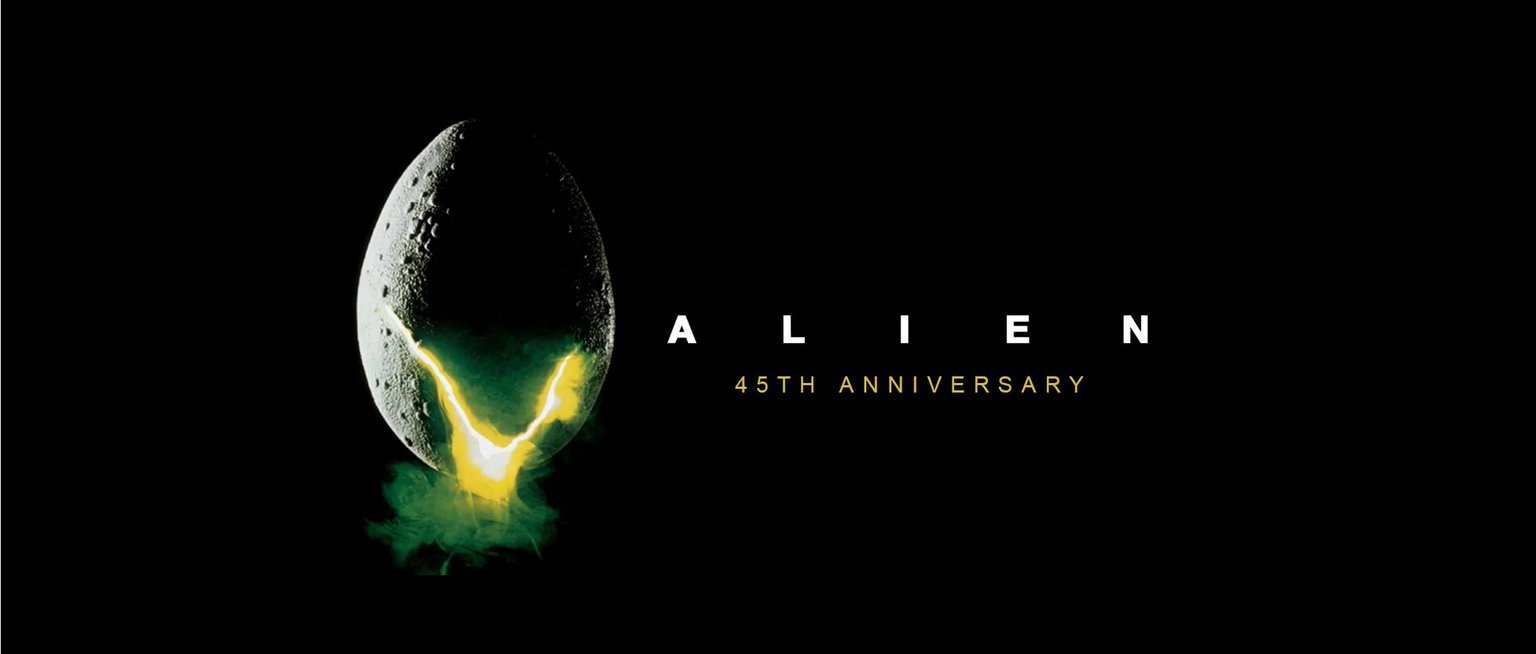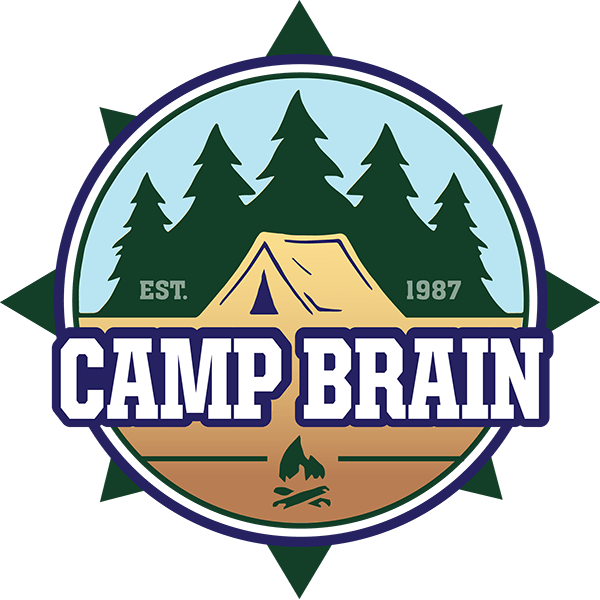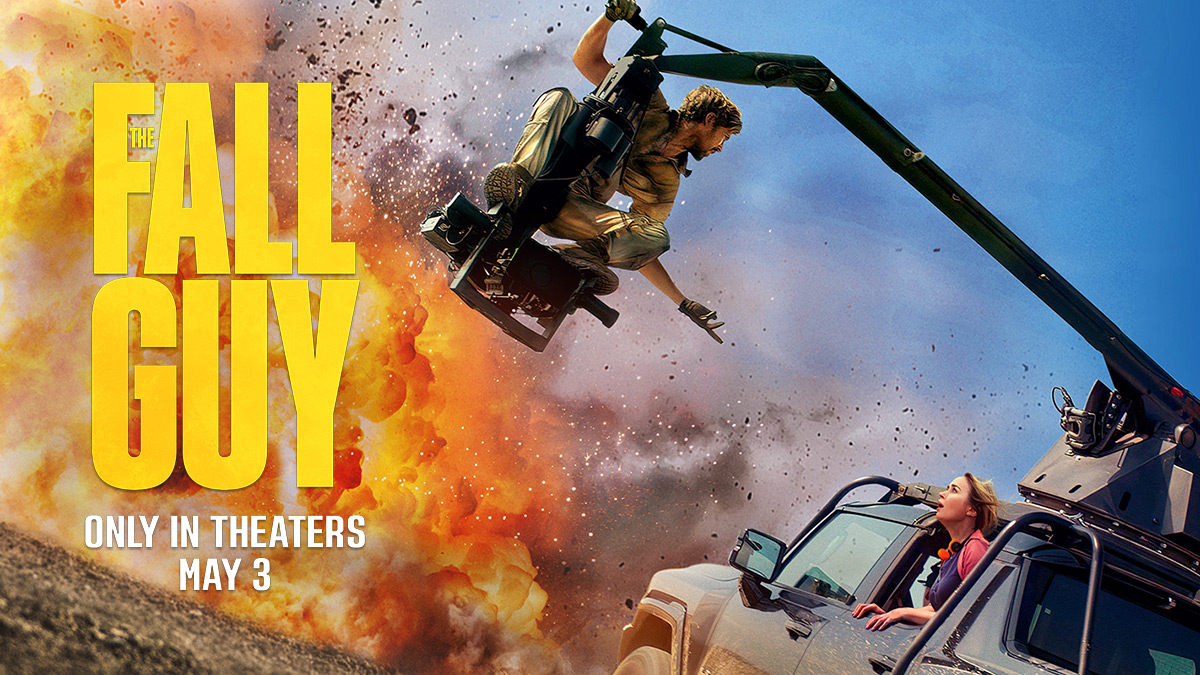News Anchor Brandon Lee Reveals His Story of Overcoming Trauma and Brain Injury
You don’t expect the broadcaster giving you the news to be making news. But that’s exactly what Arizona’s Family news anchor Brandon Lee has done with his personal story about overcoming sexual abuse, opioid addiction and brain injury.
He recently spoke at Brain Injury Alliance of Arizona’s Brain Health Symposium, an annual signature event that brings together allied health professionals, including social workers, physical therapists, nurses and vocational rehabilitation counselors.
Lee was as forthcoming as he was blunt. “To show you how messed up I was, at a certain point, I wanted to get AIDS so I’d be able to do anything. Now I want to be an example to others who have suffered trauma and addiction.”
Growing up in a wealthy area of Southern California, he went to a Catholic school and was part of the Olympic soccer development program. By 15, he was living a secret life having anonymous sex with men in their 40s and high on cocaine. Over the next decades, he would be living a double life – one as a successful news anchor in Boston, Los Angeles and Phoenix, the other as a sex and drug addict.
The most incredible part of his story is he continued to work as an on-air reporter. When asked by colleagues why he looked bad, he would say anything to cover the truth that was destroying his life.
Then it all came to a crashing halt.
One night while partying in Los Angeles, he overdosed on crystal meth and heroin, slamming his head against the floor. Lee went into a coma. Awaking several days later in the ER, he complained of a headache. The chief surgeon explained his brain was bleeding and he needed surgery immediately. He refused, even if it meant saving his life, and raced out of the hospital.
He was later found passed out in his car on Wilshire Boulevard, a crack pipe beside him and was rushed back to the hospital.
Fortunately, the same medical team was with him when he regained consciousness. The nurse urged him to go to AA, giving him $10 as long as he promised to go.
Perhaps it was that nurse who showed trust in him, or maybe it was because he had bottomed out with nowhere to turn, but he felt compelled to go to that first meeting.
On February 22, 2020, he will celebrate 10 years of sobriety.
Brandon Lee at the 2019 BIAAZ Brain Health Symposium with Tina Brown of AZ Complete Health and with Sean Badding, Board of Directors BIAAZ
Brandon Lee at the 2019 BIAAZ Brain Health Symposium autographing his book.
Brandon Lee’s story graphically illustrates the all-too-common relationship between brain injury, addiction and trauma. Through therapy, he has been able to understand the effects of sexual abuse he suffered at the hands of trusted adults. He has also gotten in touch with his anger toward his parents, who allowed the childhood traumatic events to occur.
In addition to therapy, he promotes the importance of neuroplasticity on the brain’s ability to rewire and change over an individual’s life. “I felt like damaged goods. I learned that wasn’t true and my brain was telling me the wrong things.”
This is an issue close to the heart of BIAAZ. At this conference, it was announced that in 2020 the organization will be playing an expanded role in the battle against opioid addiction and brain injury. They will offer training on screening for brain injury to dozens of Arizona addiction treatment centers.
Additionally, treatment center staffers will receive information on modifying treatment information for those who have a brain injury. Those in treatment will have access to services from the Alliance such as support groups, resource facilitation, educational classes, therapy and peer support.
Executive Director Carrie Collins-Fadell is optimistic. “There is so much hope in treatment for brain traumas. Every day is a new day for your brain, you just have to decide if this is going to be a step forward. Brandon’s story perfectly illustrates why getting connected to the correct resources, support, and treatment is critical.”
Lee used his personal experience to demonstrate how Post Traumatic Stress (PTS) has many effects; the best way to avoid making bad life choices is to understand the root cause of PTS, your body’s natural reaction to unnatural stressors. When that connection isn’t made, any event could potentially trigger those early traumas. That becomes even more complicated when physical trauma occurs.
He’s also adamant about being an example to others that recovery is possible, no matter how dark the present or future may seem. “If I can do it, you can do it.” One of the solutions is reaching people early in life before they hit rock bottom. “We need more mental health counselors in schools, even middle schools. We have to talk about this.”
He has also dedicated much of his professional life producing and hosting on-air segments on drug addiction and therapies available to trauma victims.
”We must stop trying to portray perfection on social media. The truth is, we relate to each other through our scars.”
To people who say they wish they had his life (as an Emmy-award winning TV news anchor), he slaps down that fantasy. ”We must stop trying to portray perfection on social media. The truth is, we relate to each other through our scars.”
Collins-Fadell encourages anyone who relates to Brandon’s story to reach out for help and look for community partners. “The Brian Injury Alliance can guide you toward the resources to process trauma, heal your brain and move forward.”
Brandon is slated to be a guest speaker at the Brain Injury Alliance of Arizona’s Brain Health Expo for Survivors of Brian Injury & Caregivers on Friday, May 15, 2020 in Phoenix. Early bird tickets are on sale now at BIAAZ.org. For more information on living well after brain injury, contact the Brain Injury Alliance statewide neuro info-line at 888-500-9165
ABOUT BRAIN INJURY ALLIANCE OF ARIZONA
Brain Injury Alliance of Arizona (BIAAZ) is a social benefit organization dedicated to creating a better future through brain injury prevention, advocacy, awareness and education. What began in 1984 as a grassroots effort has grown into a strong statewide presence, providing valuable resources for individuals with brain injuries, caregivers and neuro professionals.
For more information on living well after brain injury, contact the Brain Injury Alliance of Arizona Statewide Neuro Info-Line 888- 500-9165.


